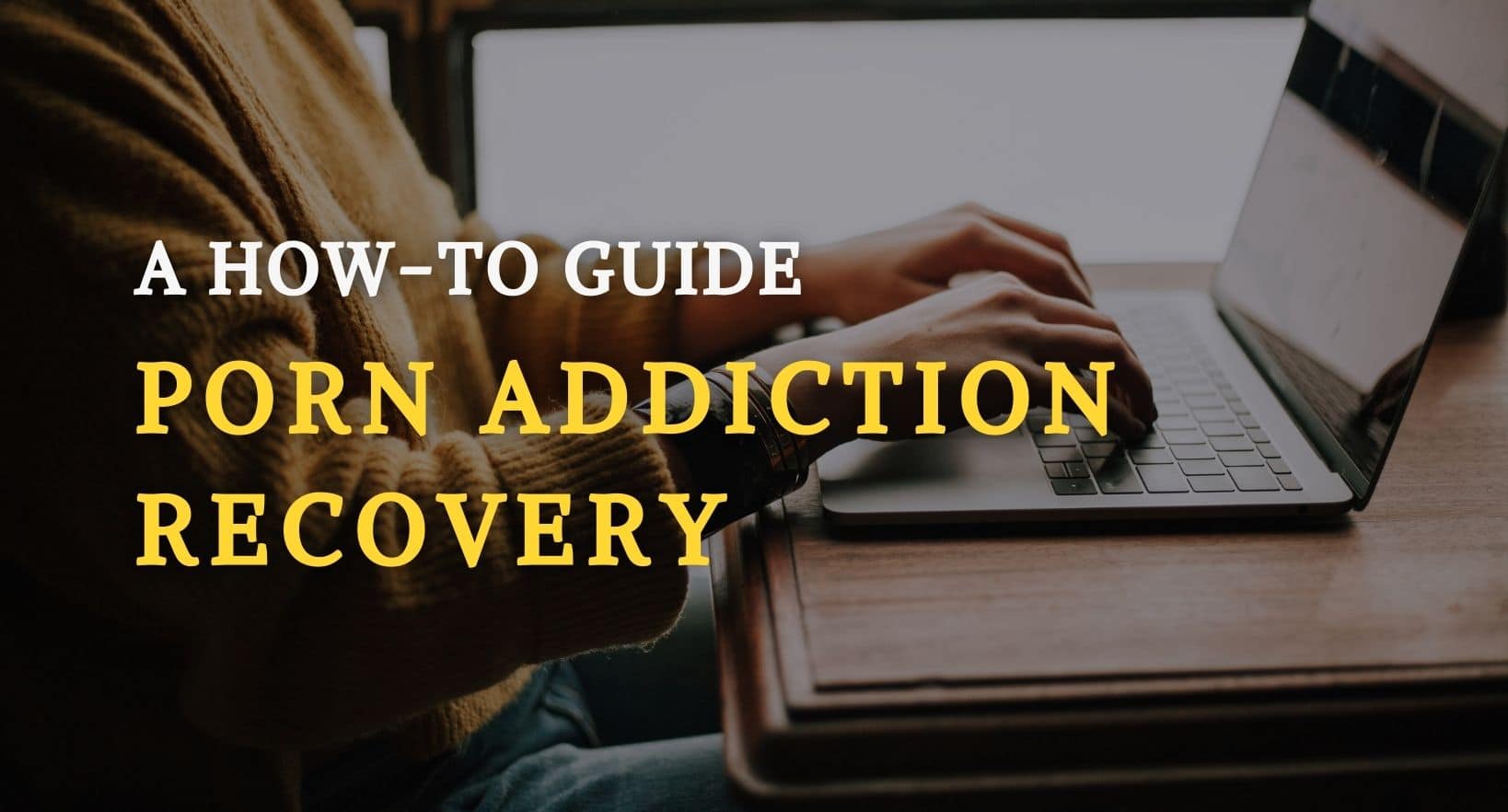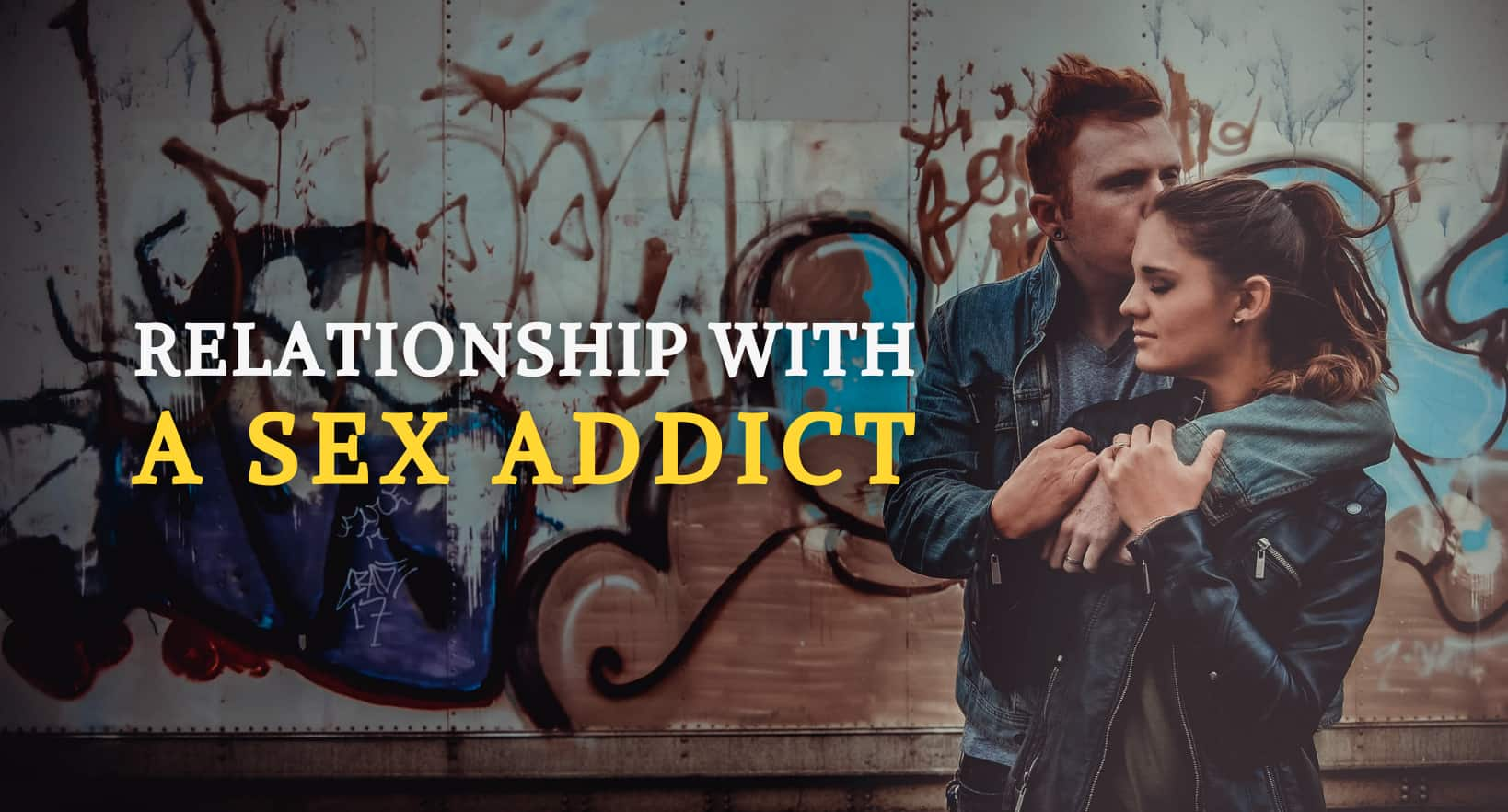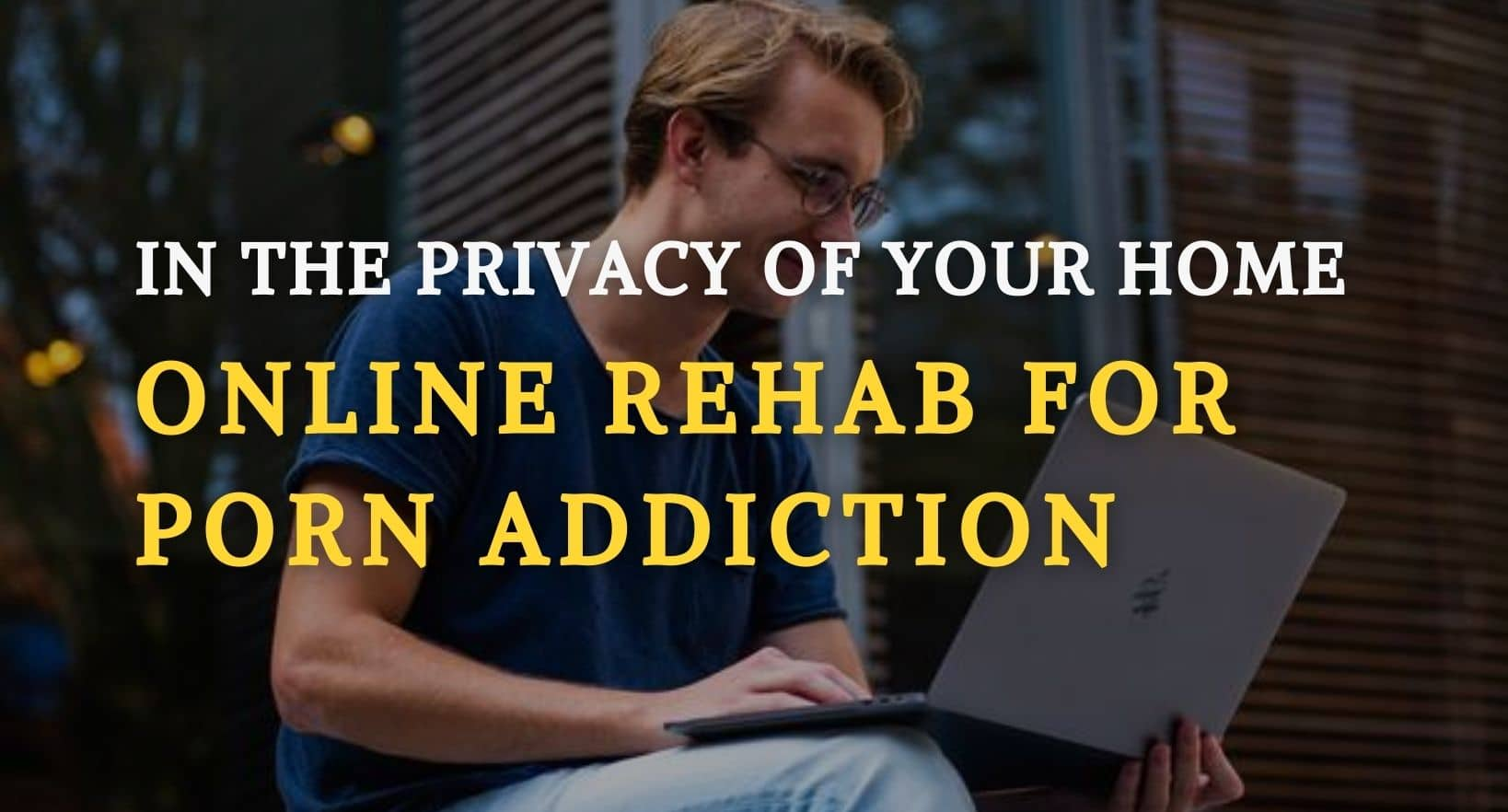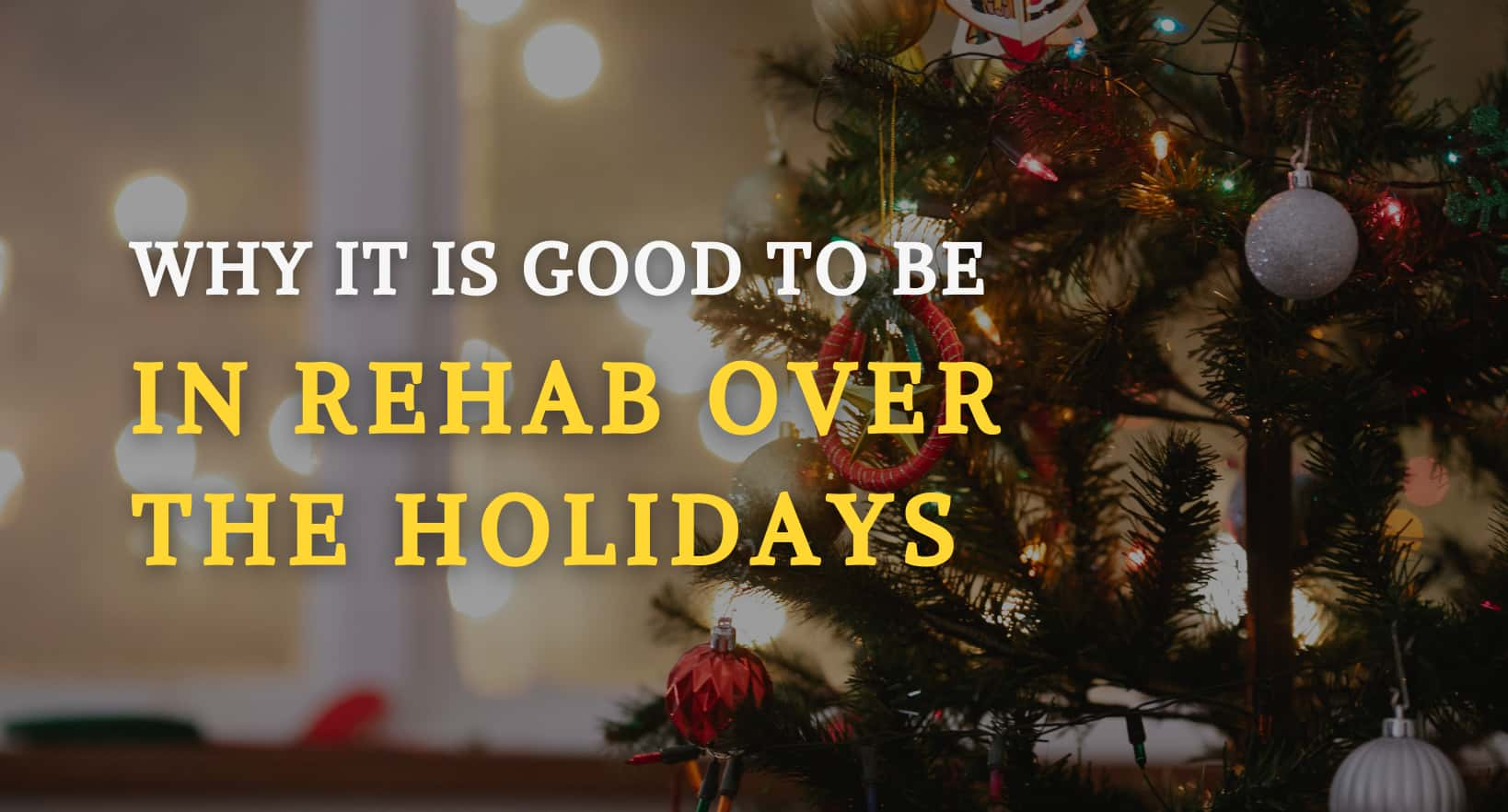
Porn addiction can have a devastating effect on the addicted person and those around them. While the condition may not present the immediate, physical danger of alcohol or drug addiction, it can have a range of severely damaging effects on mental health, personal relationships and professional standing.
The condition is also far more common than you might think, and is becoming increasingly widespread. This is often understated due to the stigma surrounding the issue and the resultant guilt and shame many people feel as a result of this. Porn addiction is also not always viewed as being a serious addiction, as the clinical understanding of the condition is still developing.
Porn addiction often interacts with other addictions and concurrent mental health disorders. It is a serious condition that can have a debilitating effect on the lives of the addicted person and those around them. Like most addictions, it is also likely to become more severe over time if it is not treated effectively.
Treatment for porn addiction must be client-centred and evidence-based in order to provide the addicted person with the best possible chance of lasting recovery.
This blog post discusses some of the common signs of porn addiction. Our other blog focuses on the recovery process from porn addiction.
While sex addiction and porn addiction are often linked, they can also exist independent of one another. These blogs focus exclusively on porn addiction. We previously published a blog on the common signs of sex addiction.
Signs of Addiction
If you are concerned about your own or a loved one’s pornography use, there are a number of potential signs of addiction to consider.
Using More Than You Would Like
If you are uncomfortable with or concerned by the extent of your porn use, this may be a sign of dependence.
If you know that you need to reduce your use but have so far been unable to do so, you may be addicted.
This means that simply trying to reduce or end your use may be an extremely difficult process and that you may require the support of others.
Failed Efforts to Stop
If you have identified that you have a problem with porn, you may also have made efforts to end or reduce your use.
Often, addicted people will make many failed attempts to quit before achieving lasting recovery.
Continued failed attempts to end or reduce your porn use are a strong indicator of addiction.
While this reality can be difficult to accept, failed efforts to stop should not discourage you. A commitment to stopping is the first step, and failed attempts are part of your journey towards lasting recovery.
Cravings and Obsessive Thoughts
If you often find yourself occupied with thoughts or cravings for pornography, this is a strong sign of addiction.
Thinking about previous use or when you will next be able to use porn suggests a level of dependence.
You might also become anxious or agitated when you have not used porn for some time, or at the prospect of this happening.
Physical and psychological cravings and difficulty in focusing on anything else are effectively withdrawal symptoms and therefore indicate addiction.
Shame, Guilt or Anxiety
If you feel guilt or shame as a result of your pornography use, this indicates an unhealthy relationship. It may indicate addiction.
Guilt or shame may cause you to try to reduce or end your use. If these attempts are unsuccessful, this suggests addiction.
Failed attempts to reduce or end your use may also intensify feelings of guilt and shame.
Many addictions co-occur alongside mental health disorders. Excessive use of porn may be related to feelings of depression, anxiety or low self-esteem.
It may also cause feelings of depression or anxiety. These feelings may make it more difficult to stop using.
It is essential that treatment for porn addiction also treats the underlying causes and consequences of the addiction. Addiction should not be treated in isolation.
Disguising or Minimizing Use
If you continually try to disguise or minimize your use of pornography, this indicates that you have developed a dependence.
It is likely that you are disguising the extent of your use due to feelings of shame or guilt. You may also be concerned that, if you reveal the extent of your use, others will try to make you reduce or end it.
You may also disguise or deny the extent of your use to yourself.
It is important to ask yourself whether you are thinking honestly about the amount of time and energy you spend finding and using pornography.
Denying the extent of the problem is extremely common addictive behaviour.
If you do have a problem, accepting this is an essential step towards recovery.
Becoming Angry or Upset When the Issue is Raised
If you become angry or upset when others raise concerns about your use of pornography, you may be addicted.
If others have identified this issue, you may be in denial about the extent of your dependence. This may lead to anger, panic or intense denial when others raise the issue.
Others may also express concern about your use of pornography. If this occurs, you should listen to them and honestly consider whether you need help.
Increased Tolerance
If you find that your requirements from pornography increase over time, this may be a sign of a addiction.
If you need to use porn more frequently or for longer periods, or require more explicit material, this suggests that your tolerance is increasing.
This is similar to the way in which someone addicted to alcohol will need to drink more to achieve the same effect over time.
This is one of the way’s in which addiction increases its influence and control over someone’s life.
If you notice that your requirements from pornography continue to increase, this suggests that you have a problem and may require professional treatment.
Continuing Use Despite Negative Consequences
If your use of porn has caused negative consequences in your life, it is evidently a problem.
These consequences may be professional, social or related to your home-life.
Porn can severely impact relationships over time.
If you have acknowledged these negative consequences and have attempted to reduce or end your use, this is an excellent first step.
However, if you have been unable to follow through on this commitment and have continued to use porn excessively, this is a strong indication of addiction and you may require professional support to achieve recovery.
Home-Based Treatment Plan for Porn Addiction
We offer a 4-week intensive virtual program:
A New Alternative to Residential Treatment.
And yes, it works.
Call For A Free Consultation
Links to Other Addictions or Mental Health Disorders
In many cases, addictions are linked to other addictive behaviours or to concurrent mental health disorders.
For example, if you usually drink alcohol or use drugs while using pornography, you may be addicted to both behaviours.
As mentioned earlier, pornography addiction may also relate to mental health disorders such as anxiety or depression.
Again, addiction treatment must address all of the elements of mental health and addiction in an effective and evidence-based manner.
Porn addiction can be a severely damaging condition. However, with good professional support it is entirely possible to achieve lasting recovery.
Ifyou are concerned that you or a loved one may be struggling with porn addiction or have any questions about the condition, contact Trafalgar Addiction Treatment Centres today.
Continue Your Reading

HOW TO GUIDE
Recovery From Porn
While pornography addiction is a complex and debilitating condition, you can recover with effective tips & treatment techniques. Read now.

FOR PARTNERS
Relationship with A Sex Addict
If you believe that you’re in a relationship with a sex addict, we created a guide for you.

TREATMENT
Online Rehab for Porn Addiction
You can receive treatment for porn addiction from the privacy of your home. Learn more.
Meet Our Renowned Experts
You will receive treatment from the very best.
We have a team of accredited professionals who have many years of clinical and research experience.
Porn Addiction Treatment
Consult with a professional now to learn how we can help you or your loved one.







